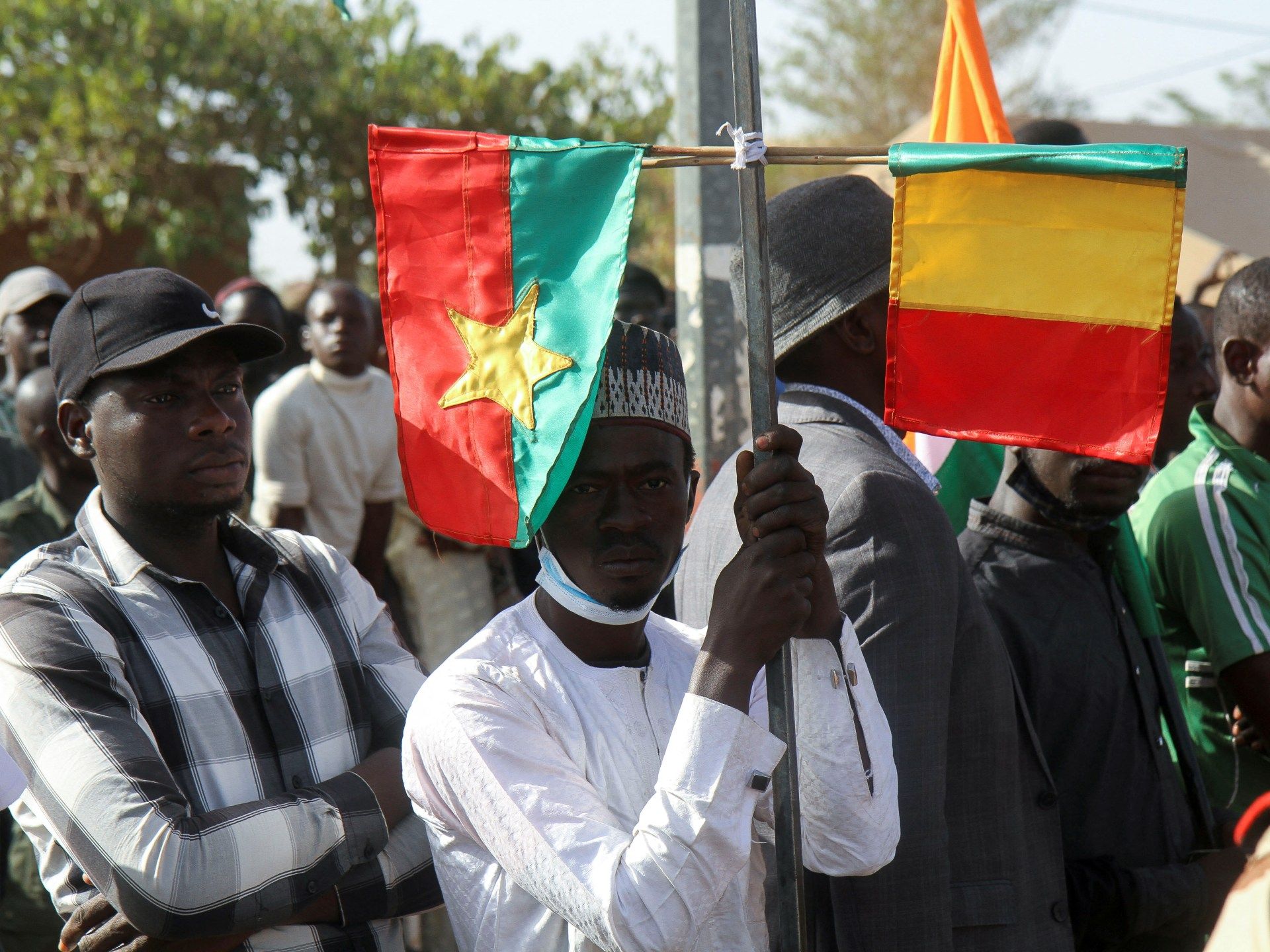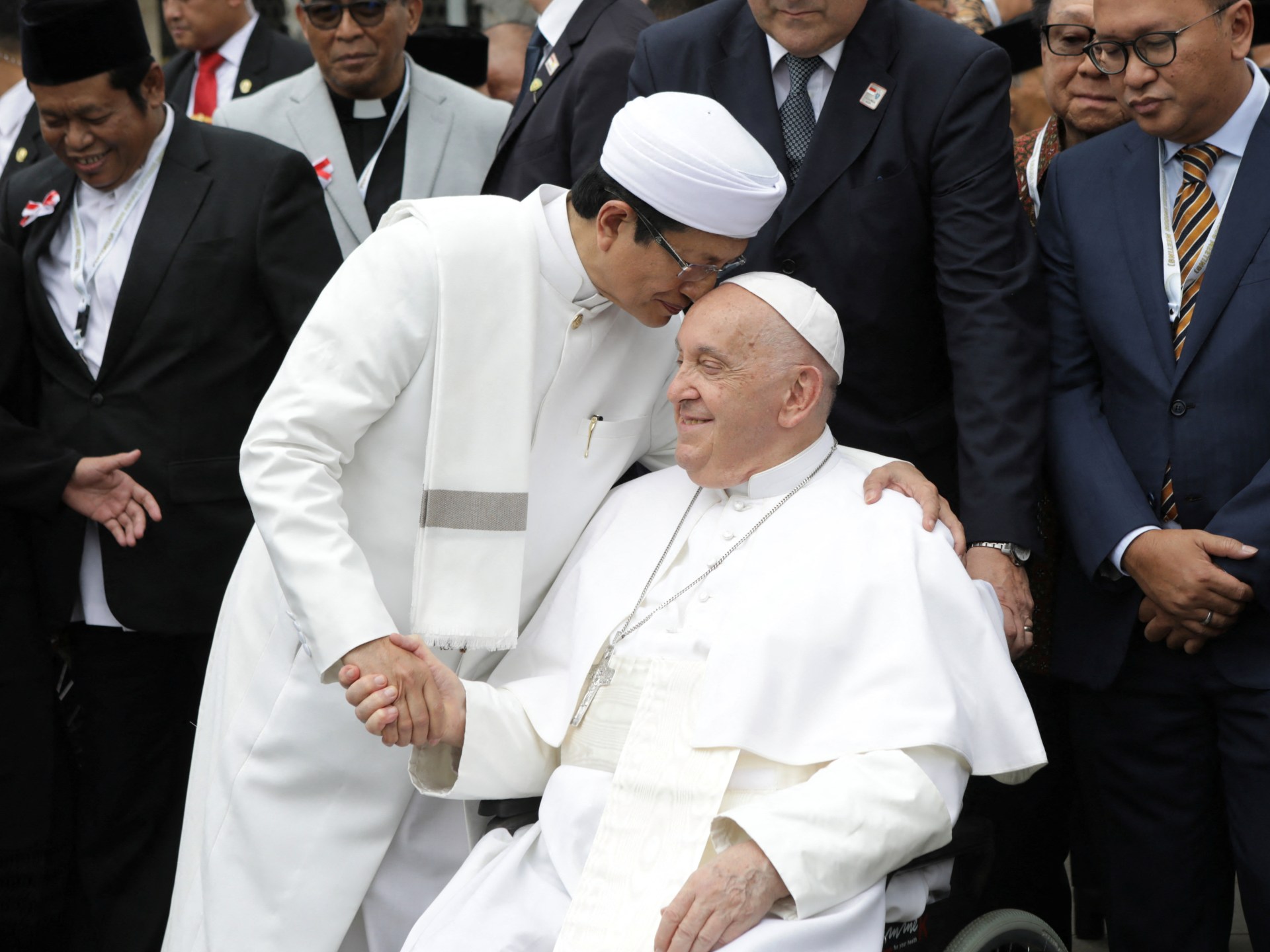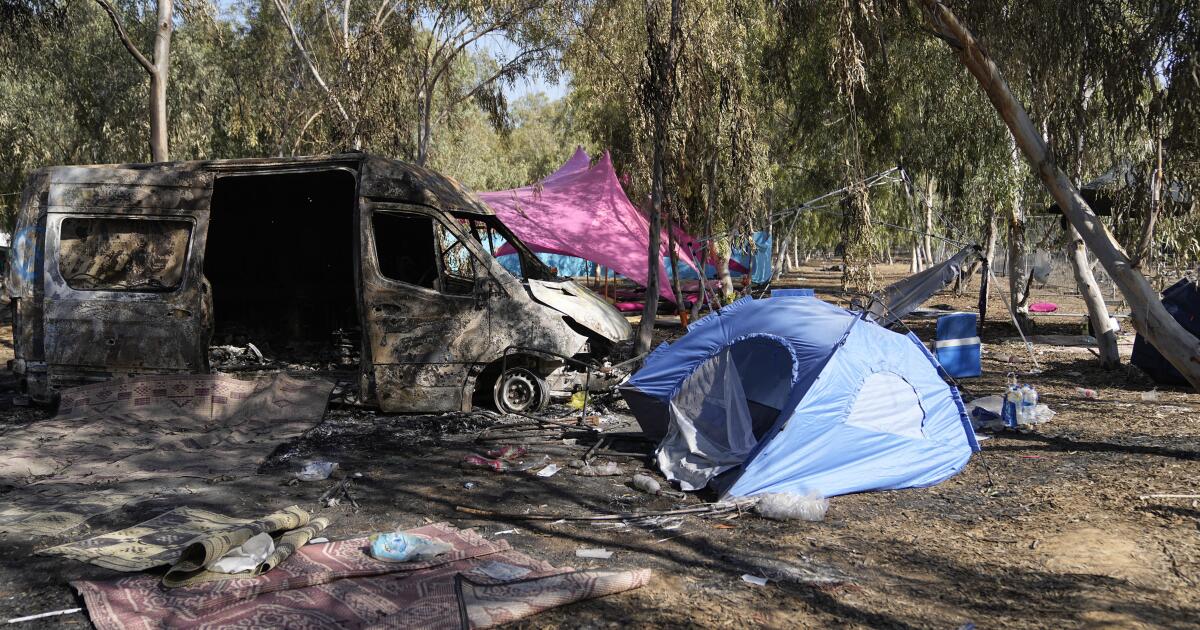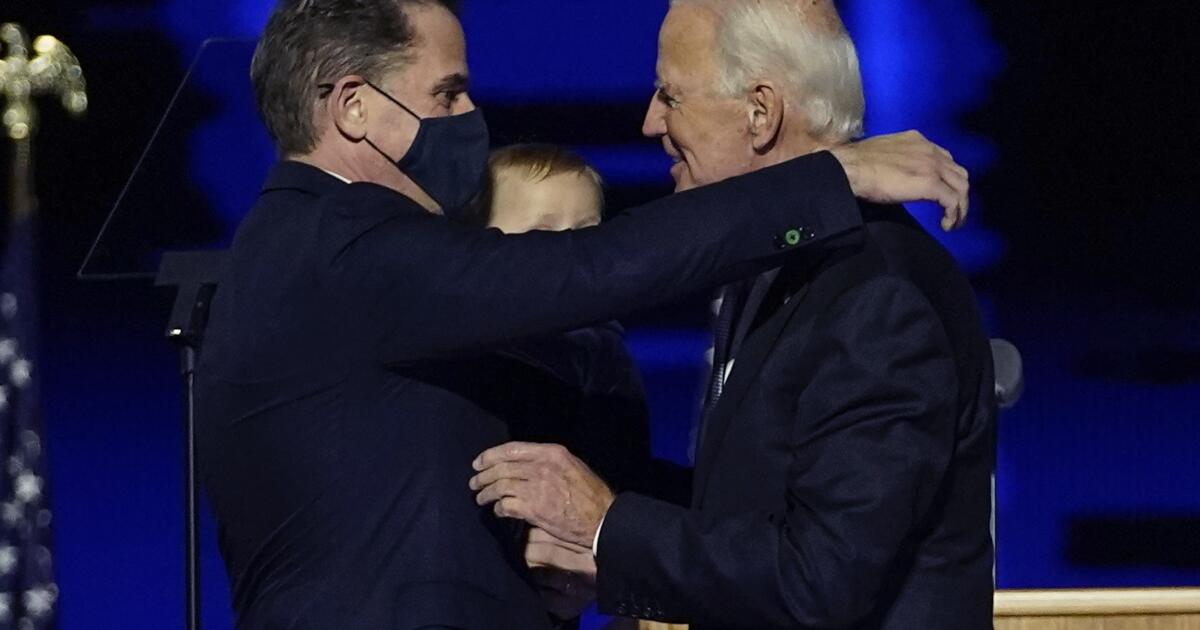Abidjan, Ivory Coast – Since the Niger coup on July 30, fissures within the Economic Community of West African States (ECOWAS) have grown wider.
In September, Niger, along with ECOWAS members Burkina Faso and Mali, formed a military alliance called the Association of Sahel States (AES). Four months later, the trio announced their withdrawal from the larger bloc over “illegal, illegitimate, inhumane and irresponsible sanctions” imposed on them after the coups.
Reports emerged this month about a possible separation of its currency, the West African Franc (CFA).
“Maybe everything we've done has surprised you, right?” said Capt. Ibrahim Traoré, leader of Burkina Faso's transitional government, in an interview in February. “You may still be surprised by more changes. And it's not just about currency. We will break all the ties that keep us in slavery.”
A few days later, his Nigerien counterpart, Abdourahmane Tchiani, confirmed that a major fiscal restructuring could be in sight. “The currency is a sign of sovereignty. …The member states of the AES are committed to the process of recovering their full sovereignty. It is no longer acceptable that our States are the source of income for France,” he stated in an interview with the state broadcaster.
His remarks made headlines across a continent where criticism of the continued use of the CFA, a vestige of the French colonial system, is growing.
While it is not known when the planned change will occur or if it will actually happen, the desire to change the currency is not yet uniform among the three countries.
“It should be noted that Mali remains a member state of the WAEMU,” said the Minister of Economy and Finance of the West African Economic and Monetary Union, Alousseni Sanou, in a broadcast on Malian national television while presenting the budget on Monday. annual.
One of the country's most prominent businessmen smiled wryly as he watched.
The businessman, who spoke on condition of anonymity to protect his business operations in Mali and Senegal, believes the new Sahel alliance is not as cohesive as it claims to be.
“The military coup in Niger happened about seven months ago,” he told Al Jazeera. “I think the leaders of Mali and Burkina Faso have been dealing with the realities of government for longer and are no longer as forceful as before… at least not when it comes to WAEMU, obviously.”
A measure of stability?
France created the CFA in 1945 as a currency for its African colonies. In fact, the acronym CFA initially stood for “Colonies Francaises d'Afrique” (French Colonies of Africa). This system provided France with significant economic and political influence over its African territories because it maintained control over currency convertibility and monetary policy.
The colonies gained their independence in the 1960s and 1970s, but many clung to the currency, which now bears the name “Communaute Financiere Africaine” (African Financial Community).
Eight WAEMU members (Benin, Burkina Faso, Côte d'Ivoire, Guinea-Bissau, Mali, Niger, Senegal and Togo) still use the CFA. An equivalent currency, the Central African Franc (also called CFA), is used by the six member states of the Central African Economic and Monetary Community: Cameroon, Central African Republic, Chad, Republic of the Congo, Equatorial Guinea and Gabon.
Only Equatorial Guinea and Guinea-Bissau are not former French colonies, having been subjugated by Spain and Portugal respectively.
For years, government officials touted the CFA as a mechanism to promote monetary stability, facilitate economic integration, and improve overall economic performance.
Then there were coups d'état and growing anti-French sentiments developed.
Since 2020, there have been six successful coups in West Africa, all in WAEMU states. The military took power during a time of growing insecurity in these countries. He then accused French forces of not doing enough in their collaboration to fight armed groups.
As relations deteriorated and states in the region turned to new partners like Russia, calls grew louder to cut ties with France and institute a new currency.
CFA supporters say being pegged to the euro is a useful buffer against inflation, given the state of economies in the Sahel. Together, Burkina Faso, Mali and Niger contribute only about 8 percent of ECOWAS's $761 billion gross domestic product (GDP).
Much larger economies, such as Nigeria and Ghana, have battled recessions in recent years as the value of their currencies (the naira and cedi, the world's weakest currency in 2022, according to Bloomberg News) continued to plummet. .
But the counterargument from CFA critics is that using the perceived failure of some African monetary policies as an indicator of how replacement currencies would perform comes from outdated and reductionist monetary doctrines.
One of them is Senegalese economist Ndongo Samba Sylla, head of research and policy for Africa at International Development Economics Associates. He said the CFA was not created for the benefit of African states but for France to protect itself against the rise of the US dollar.
The famous stability of the CFA, he stated, is artificial because the reference point is external.
“From a purely practical economic point of view, the CFA is not a beneficial currency or system for its user states,” he told Al Jazeera.
“Long-term analysis of the GDP per capita indicator, which is used to assess income growth per person, shows that countries that have used the CFA since their independence have not recorded the development they should have had,” Sylla said. “For example, Ivory Coast, the most economically important country among the 14 countries in the CFA zone, reached its peak per capita income in 1978. Similarly, Niger, which experienced a military coup in 2023 and recently decided to withdraw from the Economic Zone. The Community of West African States recorded its highest per capita income in 1965. The list goes on.”
He noted that pegging the CFA to the euro is detrimental to African oil-producing states because the price of the product is quoted and traded in US dollars, a practice that dates back to the 1970s when the petrodollar system was established.
Reform or resign?
In previous years, there has been talk of ending the monetary system or at least reforming it.
The most recent – and momentous – occurred after a joint proclamation in December 2019 by Ivory Coast President Alassane Ouattara and his French counterpart, Emmanuel Macron, that the CFA, as it had existed until then, no longer existed. . Two years of negotiations with WAEMU member states followed and Paris finally loosened its grip on the West African franc.
The Central Bank of West African States is no longer required to deposit half of its foreign exchange reserves in the French Treasury, an obligation that critics of the currency have long denounced as a humiliating link to France. Before the reform, the central bank governor and the French finance minister met twice a year.
Those reforms went largely unnoticed by society at large.
“The system has evolved, but many experts and the public still misunderstand it,” Mao Makalou, a Malian economist and former presidential adviser, told Al Jazeera.
He said that the operational account containing part of the foreign exchange reserves of the WAEMU states provided stable profits to its members, which ended the reform.
The West African central bank “tried to invest its foreign reserves, which were previously paid at the interbank rate, and its profits declined. It was more profitable on this operating account, which was a standard checking account,” Makalou said.
But he also admitted that the coin's origins are tainted, leading many to call for it to be scrapped. “You have to take into account the political environment,” she added. “We know that the UEMOA community is linked to France through a monetary cooperation agreement that includes an exit clause. It is therefore up to Member States to abandon this system if they consider it disadvantageous. But we have to continue to be pragmatic.”
For the governments of these Sahel countries, the definition of pragmatism may differ from that of economists.
Faced with the sanctions imposed by ECOWAS on the three Sahel countries and supported by the European Union, Niger seems to have embarked on the most radical route.
In October, the military government announced a 40 percent cut to the national budget. Previously, aid accounted for up to 60 percent of its budget funding.
ECOWAS sanctions prevented Niger from accessing the WAEMU regional financial market to finance its budget and carry out banking transactions. It has also missed several payment deadlines, with its external debt standing at 14.5 billion Central African francs ($519 million) as of this month.
“With everything that Niger has been through, I understand Tiani's position,” Makalou told Al Jazeera. “It is one thing to impose sanctions directed at the military leader and another to create such economic and social chaos? The medicine is gone. The borders have been closed. It is indiscriminate. And he is giving the government reasons to put aside regional integration and look for other alternatives to govern. “I don't see what other option he has.”












